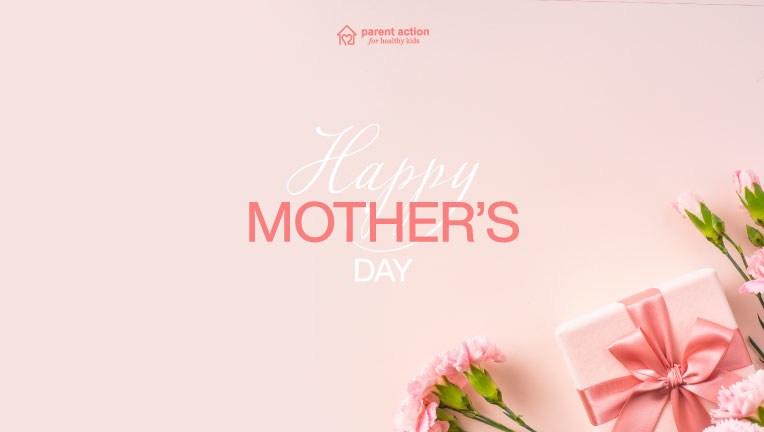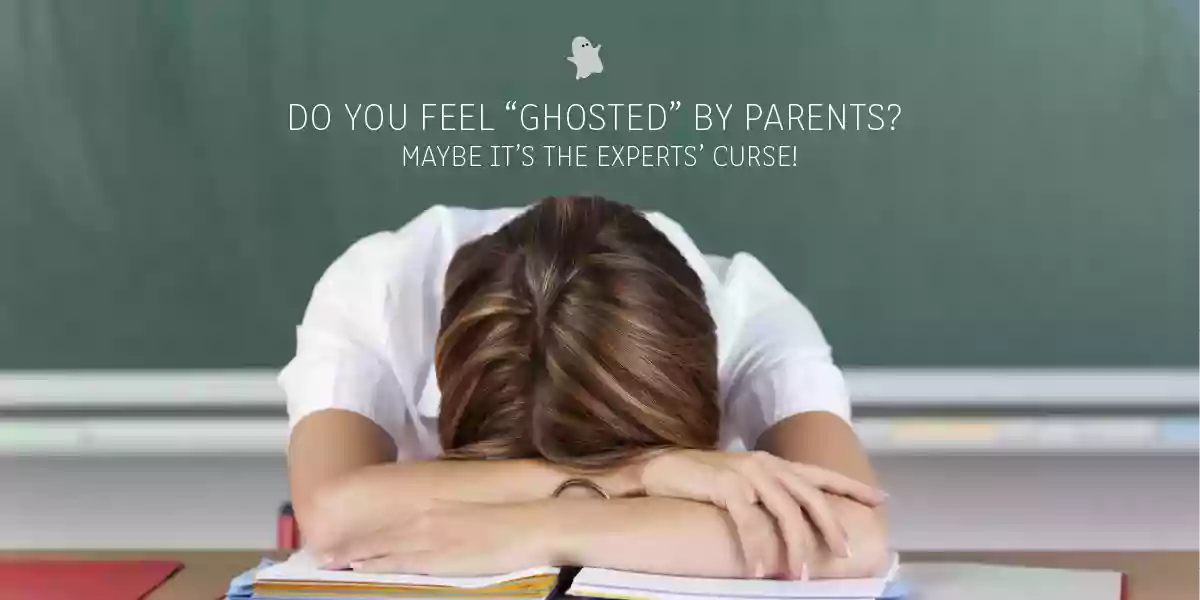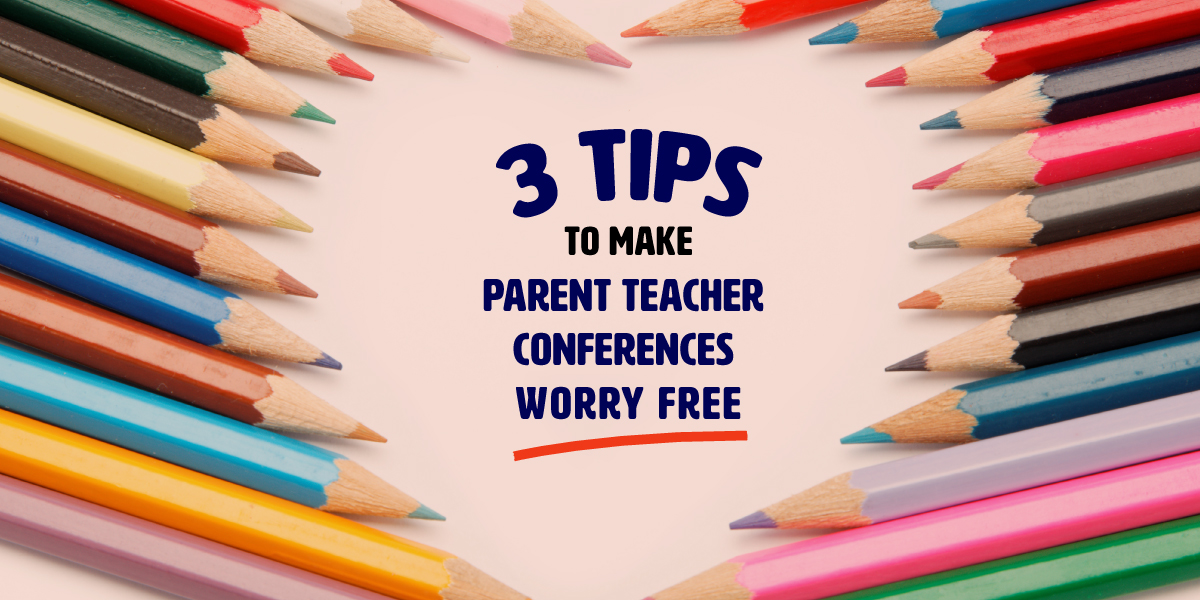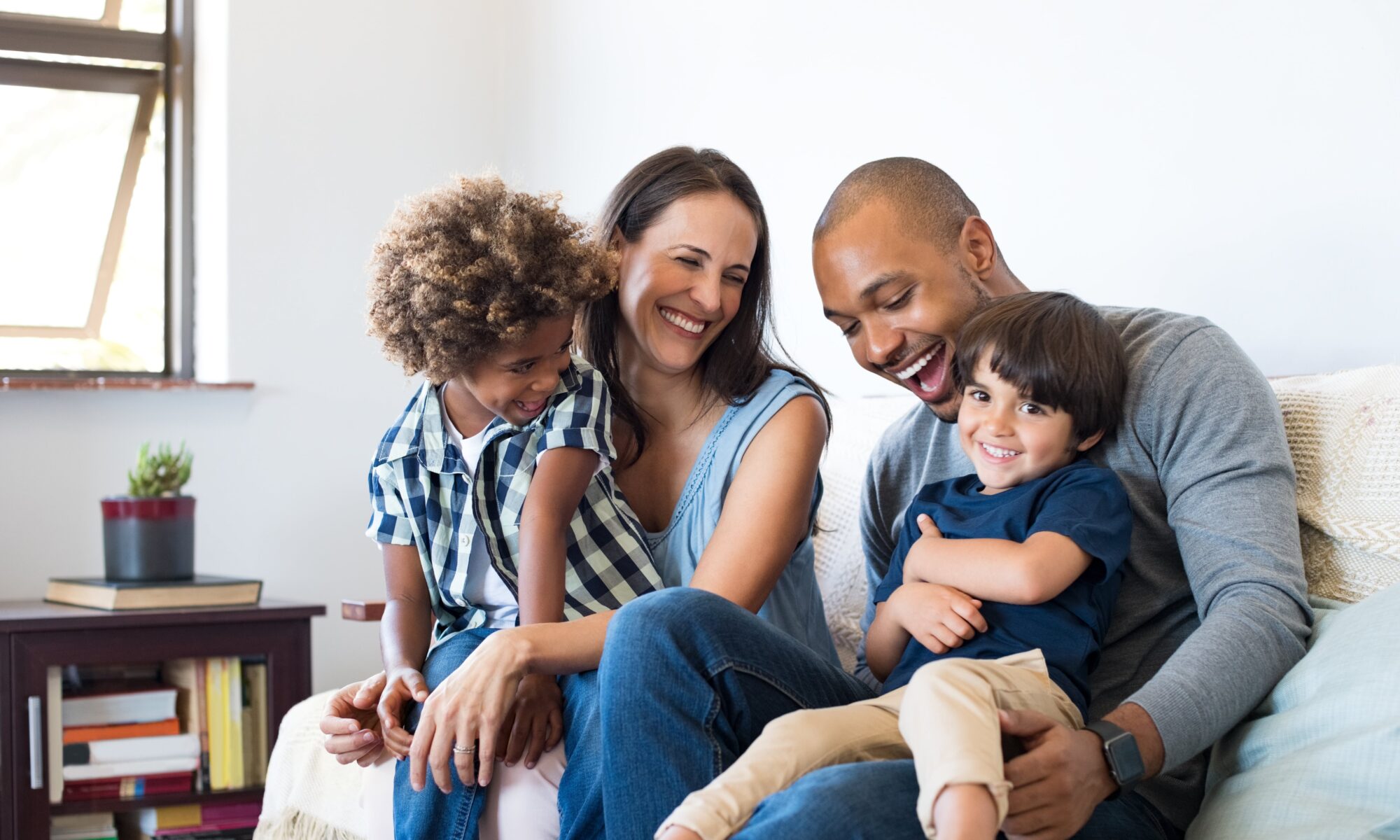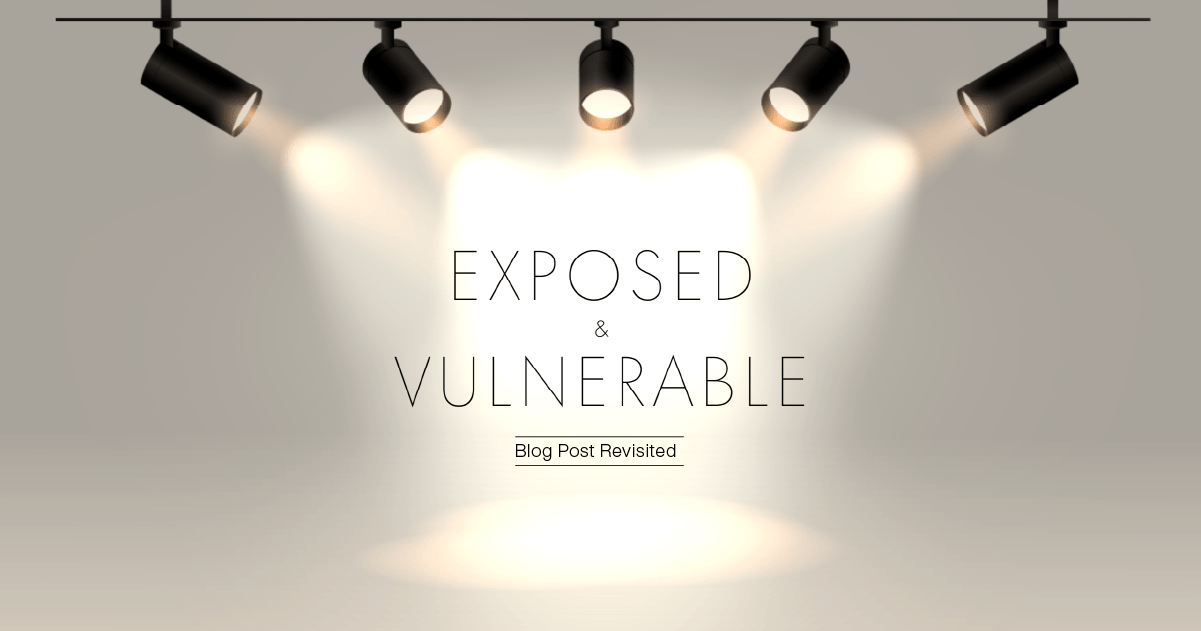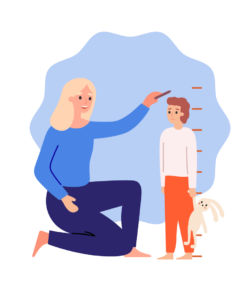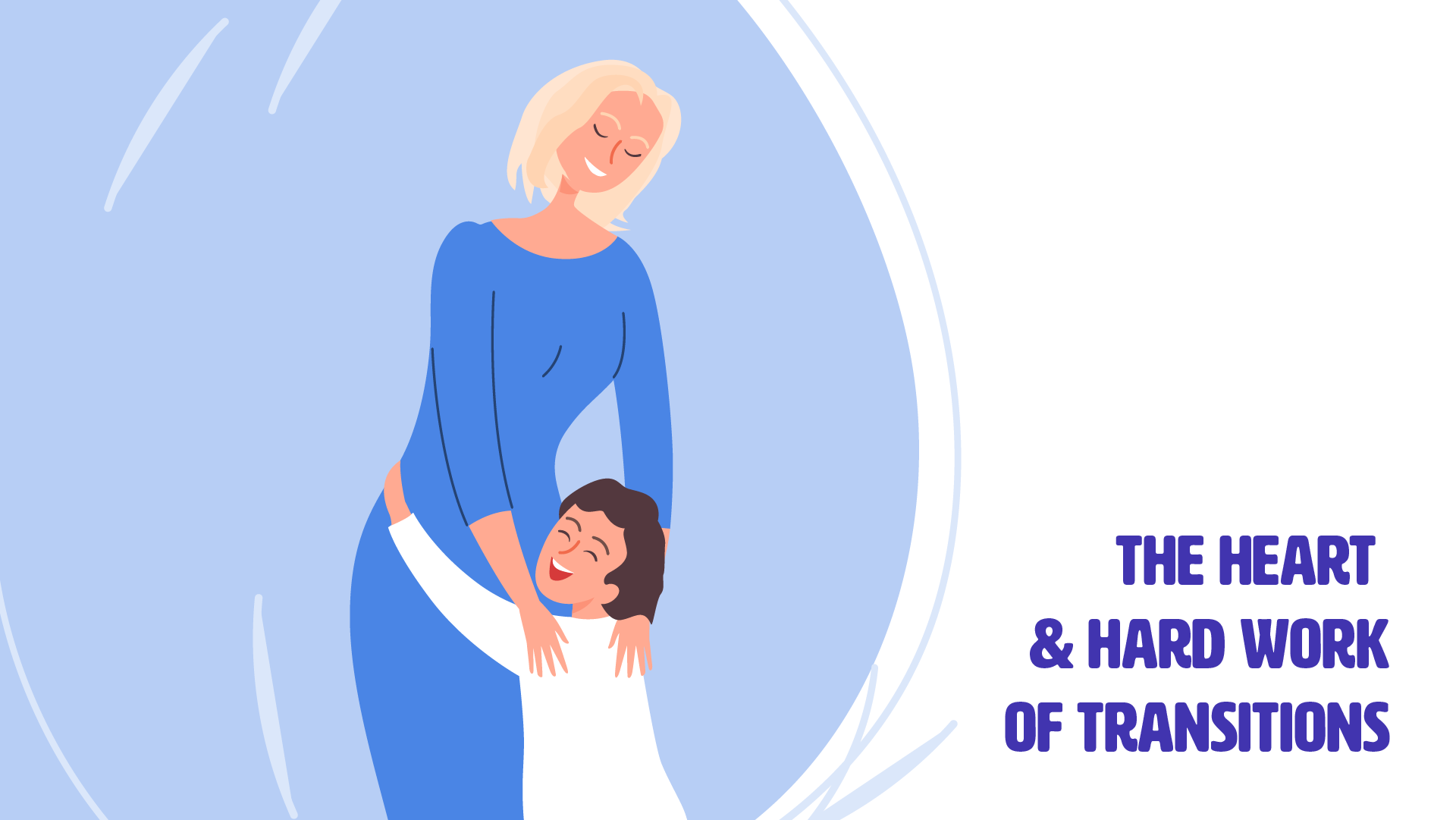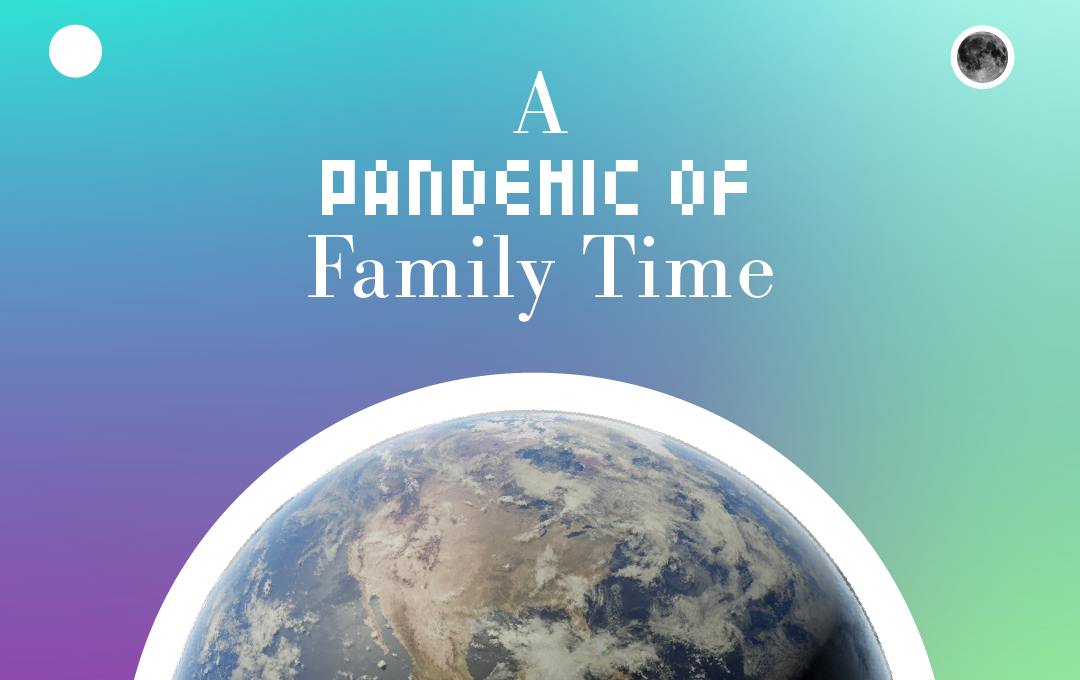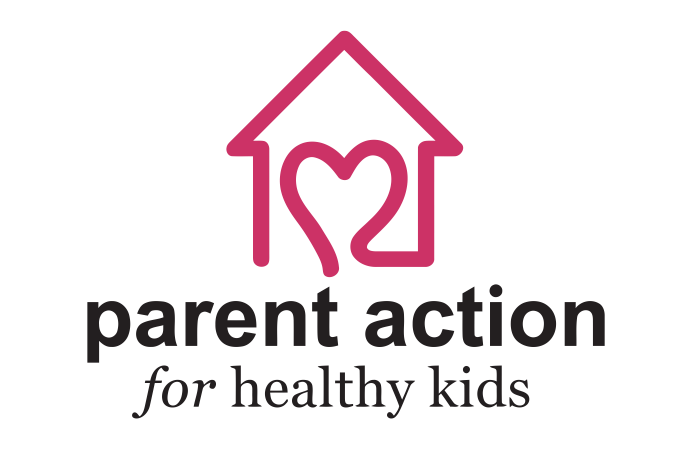Who Cares?
The school year is coming to an end. There are so many significant things that happened to our kids this year that are important, many, if not all that call for a celebration of some kind.
In the class of graduates for example, there are those you hear about, the valedictorians, and salutatorians, and some you will never hear about, who are celebrated perhaps because they made it through to graduation despite significant challenges. It is a time of transitions, leaving behind teachers, friends, bus rides, playgrounds, lockers, an elementary or middle school, an entire K-12 life. There are proud moments our kids will remember and times perhaps that a tough lesson was learned. In these transitional moments for our kids, we set social media on fire with all the pictures and videos to capture these memories. I am curious though; do you ever stop for a moment and ask yourself …
Who cares?
I know, this sounds like a crazy question, right? But I mean it, really, who cares? I think that is an important question to ask and to seek out the answers. In raising children, there are lots of transitions. We say goodbye to who we were when we arrived in this place along with bit of apprehension about whether we will be able to live up to who we need to be at the next step in life. It is in these transitions that it is especially important to reflect on the people who care. The list of those who care is an important one to consider and certainly worthy of jotting down. They are our Who Cares Posse, the ones we will harken back to in times of transition. The people who supported us, taught us, gave us words of wisdom – the people who made us feel seen and understood – the ones who really cared. Parents and kids alike need to have that list in their back pocket and pull it out when they are up against a challenge or feel alone. And, we must be vigilant in noticing who cares, and keep adding to the list. It is so easy to fall victim to getting caught up being the Town Crier on social media, sharing every moment, but the “likes” on social media can’t hold a candle to the Who Cares Posse.
My Who Cares Posse list is quite long now having grown children, grandchildren and a business connecting families and schools, so take heed. Once you start taking note of who cares, the list will grow exponentially and then miraculously the worry and anxiety will subside, and that’s a beautiful thing.
Let’s do it with love,
Barb
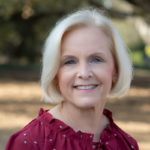
Barbara Flis,
Founder Parent Action for Healthy Kids


